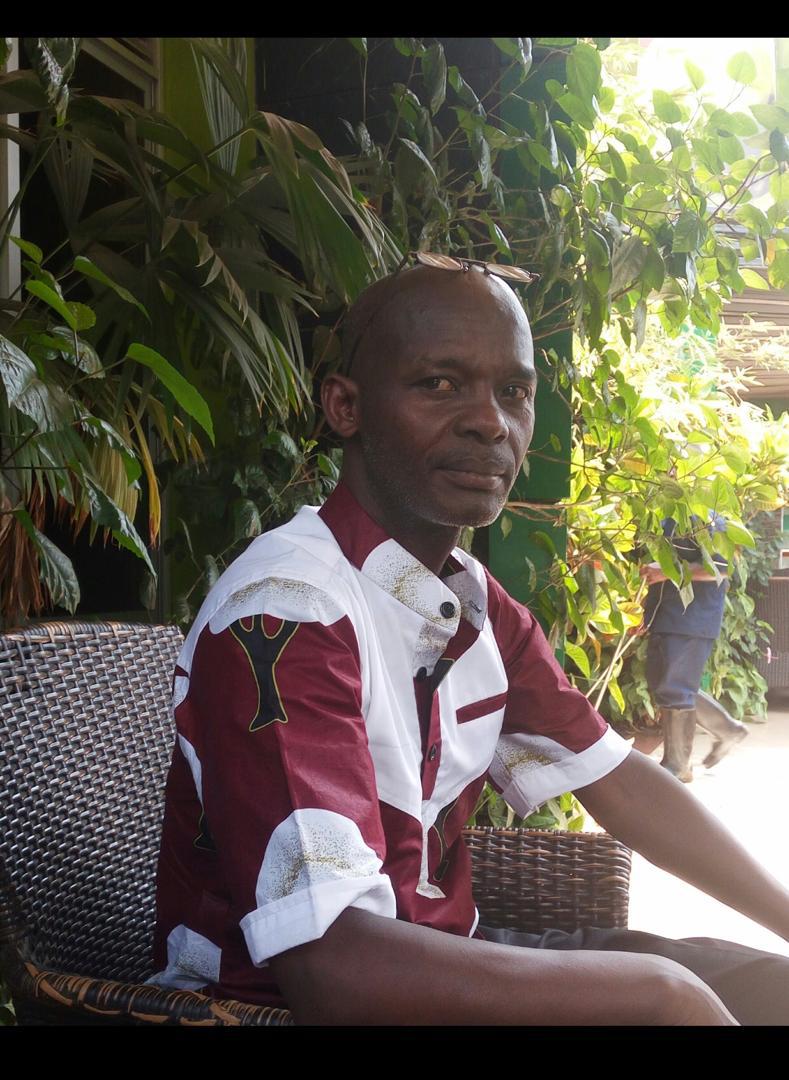

A society without historical memory is at risk of losing its cultural identity, leaving its people vulnerable to manipulation and misinformation.
This is precisely what colonial regimes sought to achieve by employing anthropologists to distort our history. They aimed to erase the truth, replacing it with narratives that served their interests.
Understanding the true origins of the Rwandan people is challenging because so much of our history has been tainted by colonial-era misinformation. If you ask about Rwanda's beginnings, you'll often hear that the nation originated from Gasabo or that it was first settled by the Twa, followed by the Hutu between the 5th and 11th centuries, and later by the Tutsi in the 14th century.
This version of history suggests that no one, aside from the Twa, inhabited Rwanda before the 5th century. It also claims that the Hutu migrated from Cameroon and the Tutsi from the Great Lakes region of Ethiopia in the 14th century.
But is this really the truth? The colonial narrative has been passed down through generations, with many of us accepting it without question. Yet, there is a way to reclaim our true history, one that differs significantly from what colonial historians have left behind.
American historian Ronald Grele defined oral history as "the interviewing of eyewitness participants about the events of the past for the purposes of historical reconstruction."
In Rwanda, the heroic efforts of Nyirarumaga, the Foster Queen Mother of King Ruganzu II Ndoli, played a crucial role in preserving our history. She gathered knowledge from elders and immortalized it through what was known as Intebe y’Abasizi, or the Chair of Poets.
This Chair of Poets became the foundation for reconstructing Rwanda's past. Poets were entrusted with recording every aspect of history for future generations. For instance, the Intebe y’Abisi was responsible for documenting the history of cows, as reflected in Father Alexis Kagame's book Amazina y’Inka.
Similarly, Ibyivugo, or self-praises, were akin to today's biographies, narrating the deeds of individuals, as compiled by Alexandre Kimenyi in his book, ‘U Rwanda Rugari rwa Gasabo.’
We also had the Abavuzi b’Amacumu, poets who recorded the details of wars. Their work has been preserved in books like Inganji Kalinga by Father Alexis Kagame, La Poésie Face à l'histoire, and Ngucire Umugani by Cyprien Rugamba, among others.
These works would not have been possible without the existence of these Chairs of Poets, known as Abasizi b’Ibwami.
Unfortunately, colonial writers took the raw materials provided by these poets and distorted them to serve their purposes. They transformed our history into tools of brainwashing, not only for Rwandans but for Africans as a whole. However, through oral history, we can reconstruct what was distorted and restore the truth that they tried to hide—our origin.
The phrase "Ngaho aho mwama muva, mu mizi yanyu mikuru," meaning "Here is where you come from, your ancient roots," was passed down through generations to remind us of our true origin. This phrase is from Igitekerezo cy’Ibirari, Umwamo w’Abanyarwanda, which translates to "The Story of the Beginning of Your Journey, Your Ancient Roots."
Early colonial writers, such as Polish anthropologist Yan Czekanowski, who served German interests, documented this story in 1917. Other historians, including Belgian anthropologist Jan Vansina and Rwandan historian Father Alexis Kagame, also published it, with the latter doing so in 1959.
However, it was Belgian anthropologist Pierre Smith who gave it the title La Forge de l’Intelligence, which can be translated as "The Shaping of Knowledge."
Smith’s choice of the word "forge," with its connotations of falsification, was deliberate. He wanted to undermine the work of Nyirarukangaga and her teams by suggesting that the story was fabricated. This negative portrayal continued with the mistranslation of key names in the story.
For example, Sabiyogera, the father of Sabizeze, was renamed Shyerezo, and his mother, Nyamwezi, was renamed Gasani. These changes were made to obscure the truth about Rwanda's origins and align the story with colonial objectives.
The name Sabizeze, which means "I ask the one who listens," was also changed to Kigwa, meaning "the one who falls." This was the first step in falsifying our history. The next step was to identify the "real owner" of the land, Umusangwabitaka, which we will explore in the next article.
This introduction lays the groundwork for understanding the importance of oral history in restoring our true history. The colonialists knew that without knowledge of our origins, we would lack the perspective needed to resist their manipulations.
In the next story, we will delve deeper into our true origin as revealed by oral history—not in heaven, Ethiopia, or Cameroon, as colonists would have us believe. Knowing this truth will be a key to our liberation.
Until then, stay blessed.


